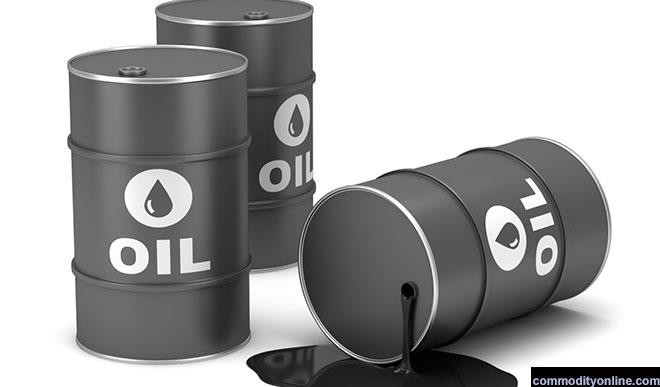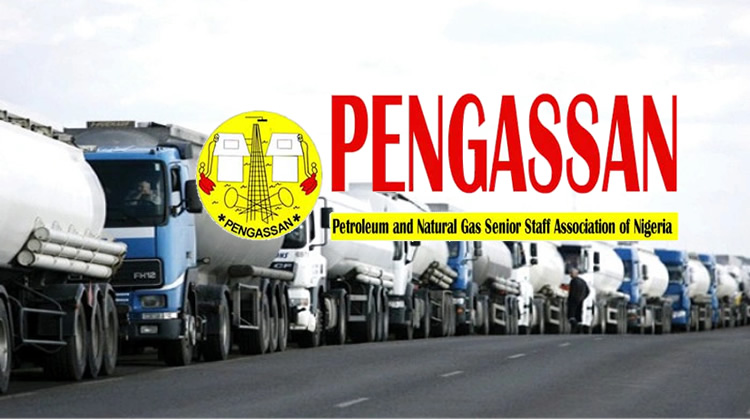By Tsvetana Paraskova
Following disruptions of the oil flows on the pipeline feeding the Forcados terminal in Nigeria, the facility faces more than two weeks of delays of oil cargo loadings, and no official June or July loading schedules have been released yet, trading sources told Platts on Tuesday.
The flow of crude oil to the Forcados terminal is said to have resumed last week, but loading delays have continued to accumulate, also delaying the release of June and July loading programs, according to Platts’ sources. A tentative re-schedule plan for June has been prepared, but it is unlikely that the rescheduled loading dates will be kept, and delays could even be longer than expected, trading sources told Platts.
Two weeks ago, the Trans-Forcados pipeline that ships between 200,000 bpd and 240,000 bpd of oil to the Forcados terminal was shut down for repairs of a minor leak, a source with knowledge of the matter told Reuters. Back then, trading sources said that loadings were delayed by at least one week.
Two days later, the Nigerian subsidiary of Shell declared force majeure on Bonny Light exports because of the shutdown of the Nembe Creek pipeline, which had led to the accumulation of lots of unsold crude.
The Nembe Creek transports 150,000 bpd of Bonny Light to the Forcados terminal that Shell operates.
After a shut-down of nearly a week, the Trans-Forcados pipeline resumed operations last Wednesday, and started ramping up the crude flow to the Forcados terminal.
The operator of the Forcados oil terminal, Shell, told Reuters last week that crude oil exports had not been affected by the shutdown. But industry sources said that the temporary closure had already affected crude cargo loading plans and the June cargoes of Forcados had been deferred to July.
“Forcados is taking a bit of a battering reputationally,” one trader told Platts today.
“Bigger buyers will always find a home for cargoes even with some uncertainty over cargo loading dates. But value can be affected as more marginal buyers look elsewhere to [minimize] their risk,” the trader noted.
Source: Oilprices.com








